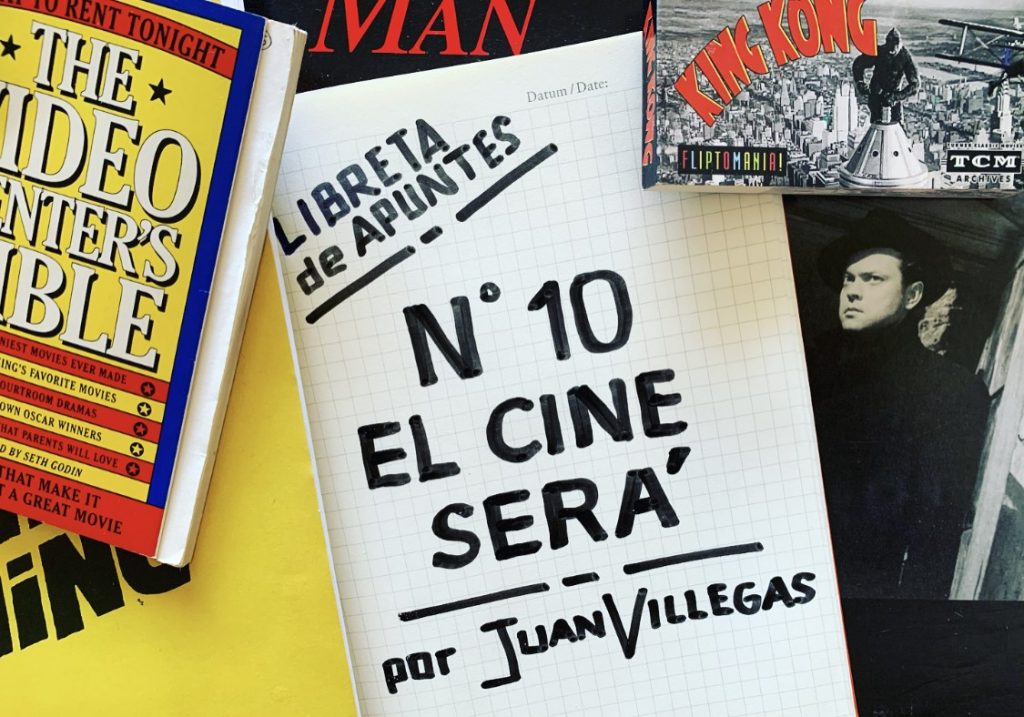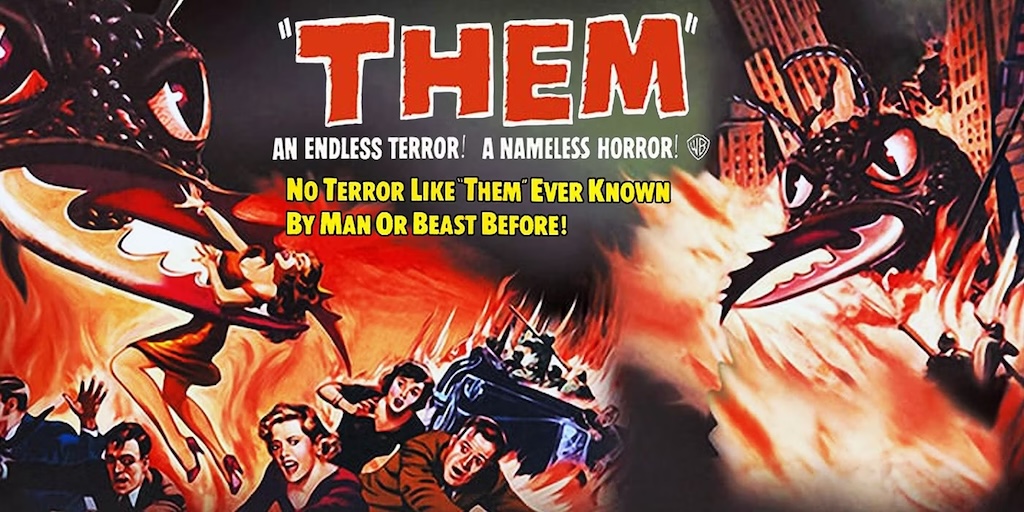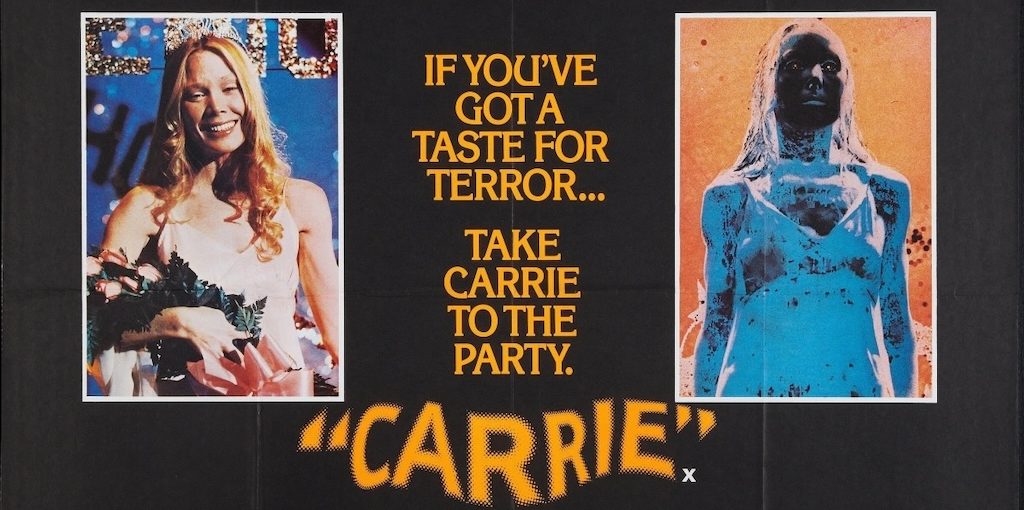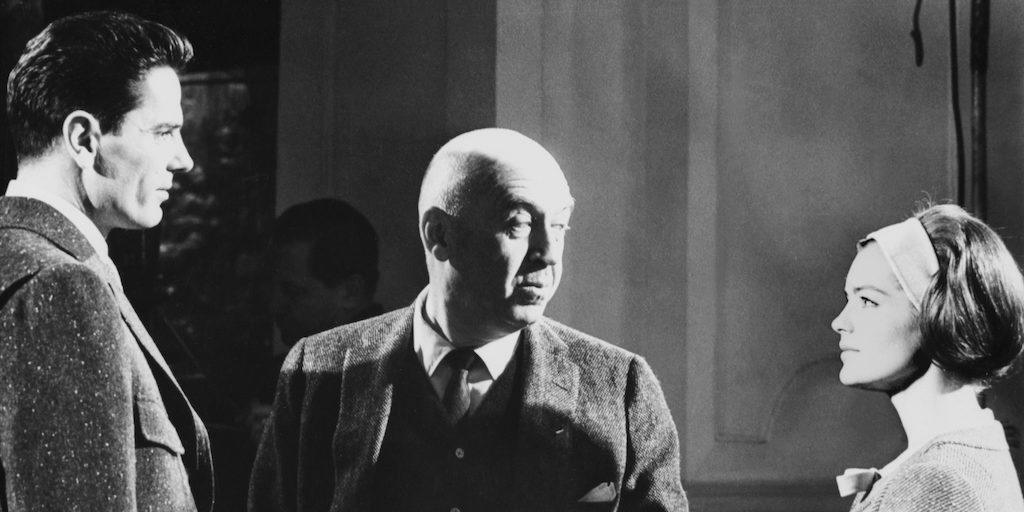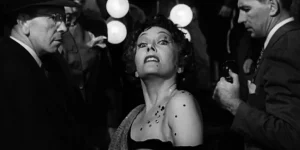As Rodrigo Moreno reminded me a few days ago -in a public talk that we shared to think about the current state of cinema- the death of cinema has been announced since it was born. In fact, Louis Lumière’s own erroneous prognosis is famous: “Cinema is an invention without a future.” Then, the threat of its extinction returned periodically, but without ever being fulfilled. With that of the sound film, with the Second World War and the crisis of classicism, with the appearance of television, with the end of the dream of modernity, with the disappearance of film as a standard format and, finally, with the irruption of internet. Could it be that cinema has been dying forever and we never realized it? Or is it already something that is here to stay, forever? In any case, to know if cinema is dying, it will be necessary to ask again, as Bazin asked, what is cinema?
I think back to all these things in this very special year, in which there were hardly any movies. Was there no cinema? Well, I want to say that there were hardly any theatrical screenings and very few films were made. I want to say: cinema continues to be for me, above all things, what happens when filming is taking place and that other thing that happens in a dark room and on a big screen. But don’t confuse the latter with nostalgic thinking, that other way of being conservative. The cinema of the future will be what it should be; and whatever will be fine. I am convinced that the best films have already been filmed. I am a film director and someone who likes to write about film, but I can’t help but think all the time that it is an art from the past. And that would not be so bad, unless we deny it, that we continue to believe that we live in a time that no longer exists. I think that if we finally accept that cinema no longer occupies that central place in culture, this thing that we love so much has a future.
The pandemic, which is not over yet, seems to have accelerated a process that was already taking place. The central place of the audiovisual universe is on the platforms. The announcement by Warner Bros. that all its films will be released in 2021 at the same time in movie theaters and on streaming, that which caused so much concern among moviegoers, seems to me to be a confirmation of an announced reality and a possibility for the cinema survive. And I return to the idea of what cinema is for me: filming and projection in a room. I prefer things to be clear; you can’t fight the facts. Cinema will survive better if that space of the audiovisual more linked to the spectacular -which only resembles the cinema on the surface- defines its place and its priorities. That sacred place of filming, in which a director, his team and the actors invent a world in fraternal combat with reality, that place may have a future. And the visual and narrative forms they invent can continue to be designed to be projected on big screens in dark rooms, freed in part from what is only called cinema because it has not yet found another way to name itself. Spectacular cinema, meanwhile, could also be cinema, but not as an obligation. Not everything audiovisual is cinema. It doesn’t even mean that the cinema is better. But it is something else.
So what is cinema? We do not know. And that is still the spark that will allow us to keep trying. Filming will return and the movie theaters will return. Maybe everything will return almost the same and what is happening to us will be almost forgotten. Maybe everything will change. Whatever happens, it doesn’t matter. Cinema, like life, has always fed on the unforeseen and the unexpected. And so it will be again.

